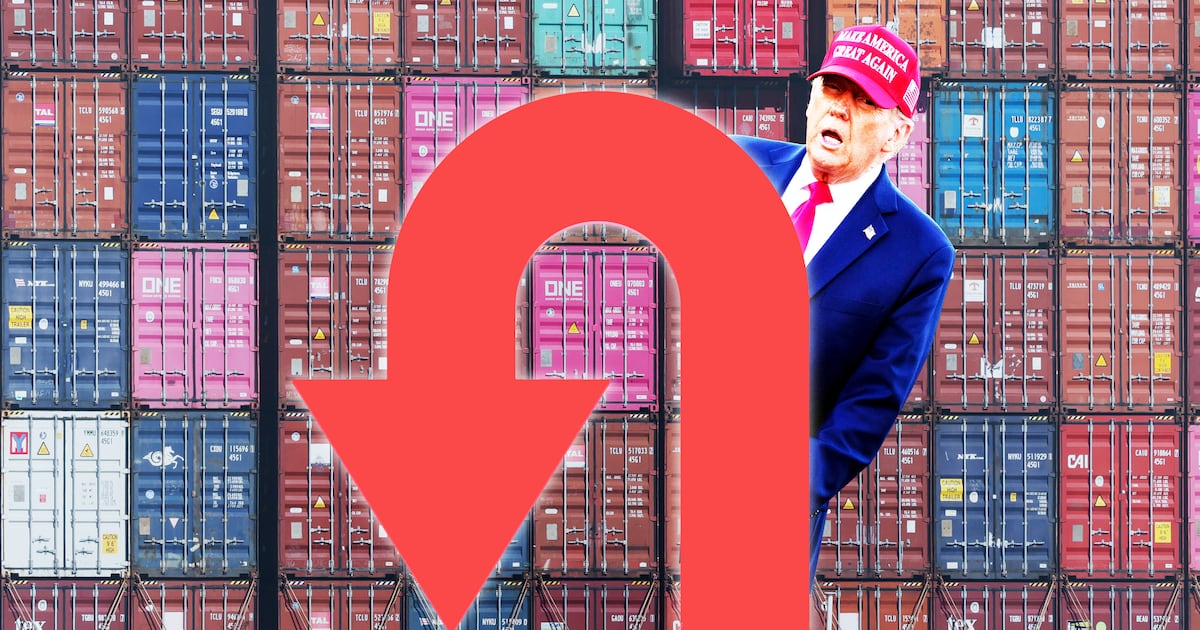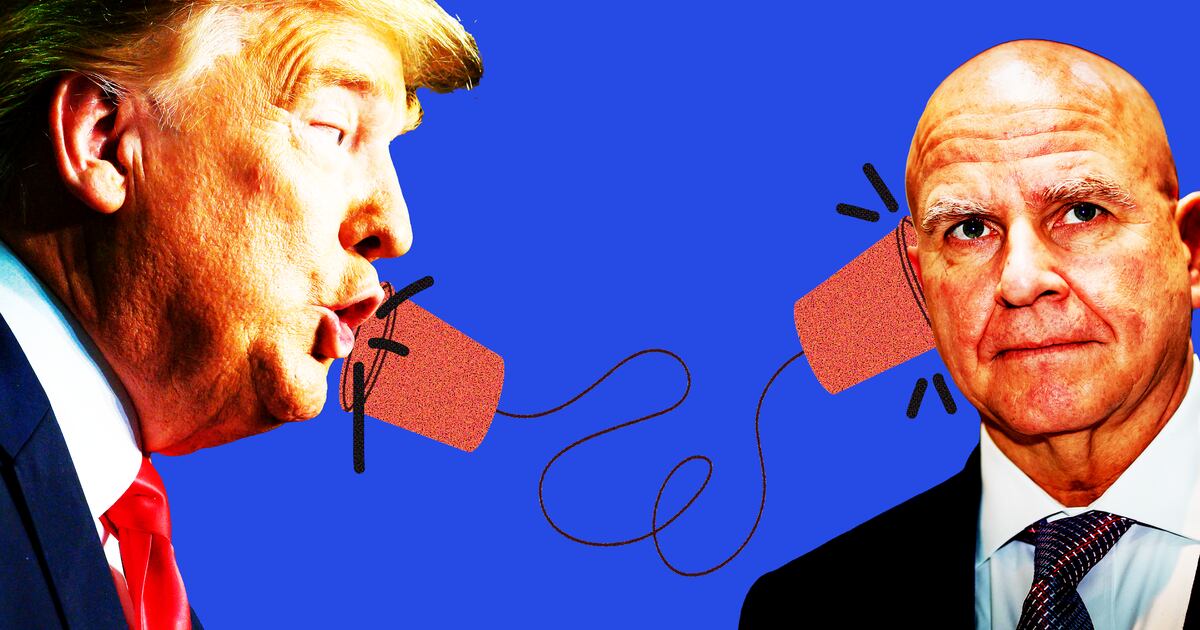There are people, maybe some you know, who thought it “funny,” “edgy,” or “amusing” to send abusive and cruel images to the daughter of recently deceased Robin Williams. Realize there are people who think a time of grieving is an opportune moment to send cruel messages to a harmless 25-year-old woman, merely because Zelda Williams’ father is famous. But, worse than all this, realize that Zelda’s horrible experience isn’t unique. It’s only the latest, high-profile example of an environment we’ve created and which powerful organizations do little to change.
I want to believe that when hearing news of the death of a widely adored individual, most of us don’t use modern technology to send horrible images and cruel messages to their family. I want to believe that no one reading this acts toward a grieving daughter such that she is forced to abandon social media platforms entirely. Because if you do those things, there is no appeal that will change your mind. It’s not about reasoning, arguing, or debating—it’s about maintaining an inclusive, exclusionary, and toxic environment.
Human cruelness remains, even if violence itself is declining. As the links above note, Zelda Williams received horrific messages and has left social media indefinitely. She’s not the first, and she won’t be the last. Women give up entirely or don’t tackle topics that mean a lot to them because they are unable to, due to the volume of angry men threatening them with violence and rape. On and on it goes. There will be another woman like Williams tomorrow, only most of us won’t know.
Many people like to think of digital places like Twitter as a moral free zone. They might look at Zelda, or at any number of women being attacked, and shrug it off, muttering about “more important things to worry about” than some well-off, healthy person living a comfortable life in a Western democracy. Sure, they’d agree the language might be a “little uncalled for” but they don’t particularly care.
Indeed, this is how police reacted to Amanda Hess when she reported that she was being stalked on Twitter. Shrug shoulders, move on. Or perhaps Twitter’s motto: block and report. But you can’t dismiss this as “just Twitter” because it’s symptomatic of what happens to people on the Internet; and you should care what happens to marginalized people on the Internet just as you would otherwise in the sphere beyond your monitors, because today’s Internet is just another sphere of life.
For some of us—like yours truly—the Internet is how they manage to eat and keep the lights on; it’s where they maintain their passions; it’s how they’re able to do better. To crumple the Internet into a paper tiger and knock it off your privileged banister is to undermine the real-world effects it has: people lose their jobs and obtain them, find loves ones and break up families, find a life and succeed where they otherwise would not. Why tolerate toxicity in a powerful sphere of modern life that has the potential to—and does—benefit so many? Why should it be the case that “that’s just what happens on the Internet”?
There are some who think ignoring and blocking are sufficient; but this is the online equivalent of Wite-Out. People will find ways to continue their abuse and Twitter, for example, is doing little about it. An important enabler of this abuse is the shrugs of the untouched, whose rising shoulders prop up the toxic world. People for whom abuse isn’t an issue, who believe that it’s something feminists or “social justice warriors” or “people with agendas” concern themselves with “when there are more important things to worry about.” Yes, there are other issues that are more dismal, and we can probably all help each other solve those issues when we solve some of these, too. We can care about multiple things at the same time.
It’s hard to know what to do about “the shruggers.” Powerfully, it is people’s own perception—it’s never happened to me!—which maintains either their disbelief or their apathy. No, these people may not issue or receive abuse, but they are part of an environment that allows it. Why would I want to be in a space that continues to treat certain people as unworthy, as less than persons, as objects? Why should I have to watch friends, because of their sexuality or gender, abandon their passions because enabled antagonists know nothing will stop them?
A first step is getting the shruggers to recognize what they’re contributing to. I don’t know how to convince them of toxicity’s ubiquity. But we need to start creating an environment of acceptance, while actively creating an intolerant space for abusers, hecklers, haters, racists, and other bigots. This is difficult, even in cases where you are the target, as I noted before. But it can be done, if we take steps to reflect on our own actions.
It’s difficult. And yes, this is the Internet. But it’s our Internet. And I think that should mean it’s one that values a grieving daughter over her abusers, and harmless people over racists and sexists. I think when we start saying “That’s the Internet,” it should be about the good it can and does do, not the misanthropic sigh of apathy. Don’t tolerate shrugs at abuse just because that abuse is online; convey why it matters and how this continues to contaminate a sphere in which all should be able to participate free from cruelty.
Williams shouldn’t have left, but it’s perfectly understandable why her and others do. We need to create environments in which people like her never have to, and we can start by recognizing what kind of digital space we’re contributing to.





